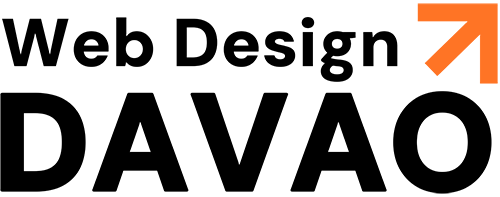Why Website Security Matters in 2024
Protecting your company online is crucial in today’s digital landscape. As cyber threats evolve, it is critical to maintain effective website security measures. Discover the most effective strategies for defending your website in 2024 and improving your digital presence against potential threats. Learn how professional website maintenance services can strengthen defenses and provide ongoing protection.
Now, let’s delve into the top 10 essential website security measures for 2024, each designed to bolster your defenses and safeguard your business against potential cyber-attacks.
- Importance of Solid Password Policies
In an era where online security breaches are increasingly sophisticated, safeguarding your business website is not just a precaution; it’s a necessity. By implementing these vital security measures, you not only protect your business but also uphold customer trust and reputation. From solid password policies to regular software updates and beyond, each measure plays a crucial role in maintaining the integrity of your online presence. Discover how proactive website maintenance services can provide continuous monitoring and support, ensuring your website remains resilient against emerging threats.
- Regular Software Updates: A Must
Keeping your website software up to date is essential for staying protected against vulnerabilities and exploits. Hackers often exploit outdated software to gain unauthorized access to websites, making regular updates a critical security measure. Professional website maintenance services can ensure that your software is promptly updated, minimizing the risk of security breaches and keeping your website secure.
- Implementing Secure Socket Layer (SSL) Encryption
SSL encryption is a fundamental security measure that encrypts data transmitted between a user’s web browser and your website. This encryption helps protect sensitive information, such as login credentials and payment details, from being intercepted by malicious actors. Implementing SSL encryption not only enhances the security of your website but also instills trust and confidence in your visitors.
- Conducting Regular Security Audits
Regular security audits help identify vulnerabilities and weaknesses in your website’s security posture. By conducting comprehensive audits, you can proactively address potential threats and strengthen your defenses against cyber attacks. Professional website maintenance services often include routine security audits as part of their offerings, providing peace of mind knowing that your website is continuously monitored and protected.
- Protecting Against DDoS Attacks
Distributed Denial of Service (DDoS) attacks can disrupt your website’s availability and cause significant downtime, resulting in lost revenue and damage to your brand reputation. Implementing measures to protect against DDoS attacks, such as deploying firewalls and content delivery networks (CDNs), can help mitigate the impact of these attacks and keep your website accessible to legitimate users.
- Backup and Disaster Recovery Plans
In the event of a security breach or data loss incident, having solid backup and disaster recovery plans in place is essential for minimizing downtime and data loss. Regularly backing up your website data and implementing effective disaster recovery procedures can help ensure quick recovery and continuity of business operations in the face of unexpected events.
- User Access Controls and Permissions
Limiting access to sensitive areas of your website and enforcing strict user permissions is crucial for preventing unauthorized access and data breaches. Implementing user access controls and permissions ensures that only authorized users have access to sensitive information and functionalities, reducing the risk of insider threats and unauthorized activities.
- Educating Employees on Cybersecurity Best Practices
Human error is one of the leading causes of security breaches, making employee education and awareness essential components of a comprehensive security strategy. Educating employees on cybersecurity best practices, such as avoiding phishing emails, using strong passwords, and recognizing suspicious activities, can help mitigate the risk of security incidents and strengthen your overall security posture.
- Implementing Web Application Firewalls (WAFs)
Web Application Firewalls (WAFs) are designed to protect web applications from a variety of attacks, including SQL injection, cross-site scripting (XSS), and other common vulnerabilities. By deploying WAFs, you can add an additional layer of protection to your website and block malicious traffic before it reaches your web server, reducing the risk of security breaches and data loss.
- Keeping Abreast of Emerging Threats
Cyber threats are constantly evolving, making it essential for businesses to stay informed about the latest security trends and developments. Regularly monitoring cybersecurity news sources, attending industry events, and collaborating with security experts can help businesses stay ahead of emerging threats and adapt their security strategies accordingly.
Conclusion
In today’s digital age, maintaining a secure online presence is more crucial than ever. Implementing these ten vital website security measures will not only protect your business from evolving cyber threats but also help build and maintain customer trust. From solid password policies and regular software updates to proactive security audits and employee education, each strategy plays a pivotal role in safeguarding your digital assets.
Take Action Now
Don’t wait for a security breach to take action. Strengthen your defenses and ensure your website remains secure and resilient. Partner with Web Design Davao for professional website maintenance services to stay ahead of potential threats and protect your business’s online presence.
Ready to secure your business online? Contact Web Design Davao today to learn how our expert website maintenance services can help fortify your digital presence and safeguard your business against cyber threats. Find us on Facebook, Instagram, LinkedIn, and YouTube.




